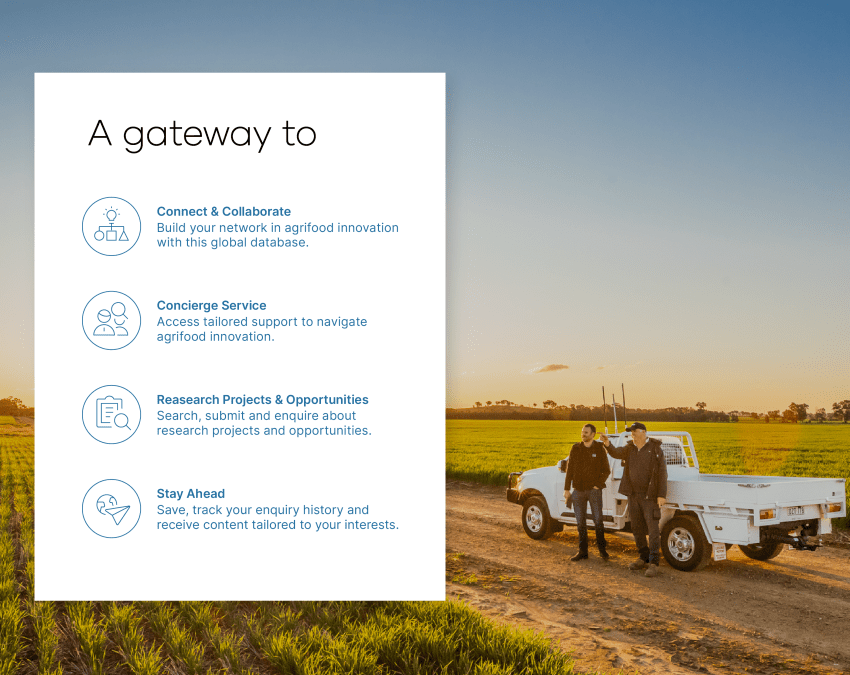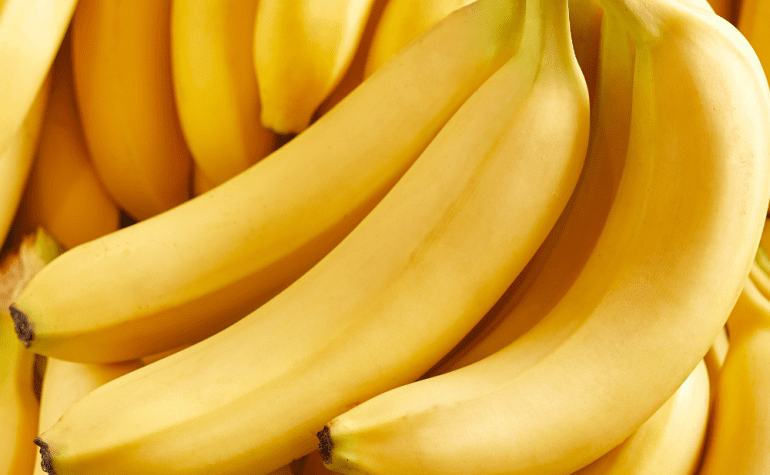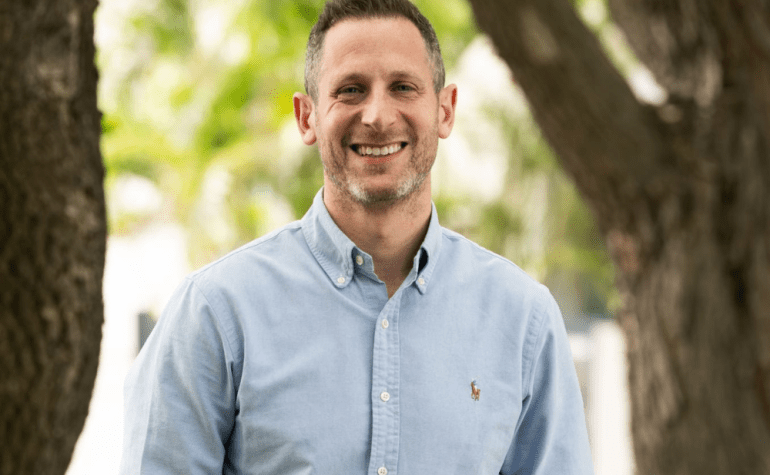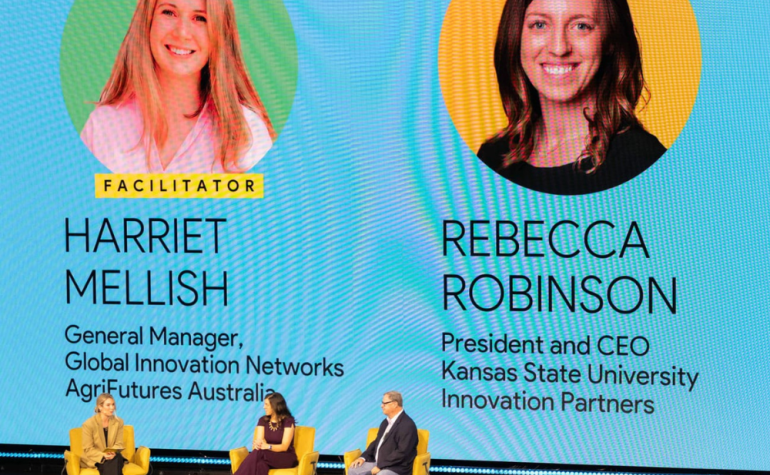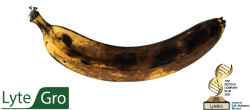
How UK and Australia are driving agritech innovation to tackle global food security
In an effort to maximise agritech innovation, the United Kingdom (UK) and Australia joined forces at AgriFutures Australia’s evokeAG. 2024 as part of Innovate UK’s two-week delegation exploring Australia’s vibrant agrifood tech ecosystem, garnering valuable partnership opportunities, and vital knowledge exchange.

- Share via Facebook: How UK and Australia are driving agritech innovation to tackle global food security
- Share via LinkedIn: How UK and Australia are driving agritech innovation to tackle global food security
- Share via Twitter: How UK and Australia are driving agritech innovation to tackle global food security
- Share via E-mail: How UK and Australia are driving agritech innovation to tackle global food security
The challenge to produce more with less, and the urgency for agrifood tech innovation has never been greater for the global agrifood system.
While it’s exciting, it can also be overwhelming, and AgriFutures Australia General Manager of Global Innovation Networks, Harriet Mellish emphasises the onus doesn’t need to fall solely on the individual.
“We don't need to come up with all the ideas ourselves,” Harriet says.
“We want to play a role in facilitating those shared ideas, through evokeAG. 2024 and AgriFutures growAG. and be a leader in bringing people together to connect.”
Harnessing collaborative ideation and global leadership is at the heart of AgriFutures Australia’s Global Innovation Networks’ strategic plan, Harriet adds, to ensure a thriving agrifood tech ecosystem, encompassing the best ideas from within Australia and overseas.
-width-1680.png)
The United Kingdom’s innovation agency, Innovate UK’s two-week delegation to Australia offering 17 UK small and medium enterprises (SMEs) the opportunity to attend AgriFutures evokeAG. 2024 and explore potential partnerships, supports this strategic plan to address global agrifood challenges.
"It's great that UK delegates see Australia as a worthwhile destination, to export their technologies, and invest their time and money here,” Harriet says.
The two-week ‘intense’ delegation to Australia led to fruitful engagement for the UK SMEs, with access to Australia’s leading research and development (R&D) and commercialisation expertise through research and development corporations, universities, Cooperative Research Centres, CSIRO and various agriculture and food innovation hubs.
Through a series of planned meet ups, both virtually and in-person, Australia and the UK were able to identify key areas of opportunity to support the diverse needs of the SMEs, to explore global markets and accelerate business growth. This included 17 UK SMEs across two programmes: 11 participating in the Global Business Innovation Programme; and eight participating in the Global Incubator Programme, supported by Farmers2Founders; and GROW, an agrifood tech impact accelerator co-founded by leading VC, AgFunder.

“AgriFutures spent some time with the Innovate UK team and its delegates, during a Farmers2Founders visit to New Zealand in November 2023, which helped plant the seeds of what growAG. could do to best support the Innovate UK delegation, and how it could create that connective tissue with the Australian ecosystem,” Harriet says.
The growAG. platform and dedicated concierge team facilitated commercial opportunities for some of the UK SMEs during and after evokeAG. 2024, including OSY Group, LyteGro and RBT, which led to valuable funding and partnership opportunities.
Robert Crook, Innovation Lead in Agriculture and Food for Innovate UK agrees that the delegation is highly valuable for both countries, and highlights its role in fostering key market learnings over the years, since first attending evokeAG.’s ‘impressive’ debut event.
Related: Fostering international collaborations to drive agritech innovations.
“We brought a group of experts to Australia in 2019 for the first evokeAG. to look and understand what went on in Australia, and we were impressed with what we saw, and liked evokeAG. as an event. So, we began planning delegations to better understand Australian agriculture, agritech conditions, farming operations, etc.”
The delegates’ technologies span a diverse range of uses and sectors including animal welfare monitoring for poultry and livestock, tools to aggregate data, vertical farming solutions, harvest automation, along with biosecurity, artificial intelligence, and food packaging.

Global Business Innovation Programme Participants:
- Applied Group - Samantha Green
- Deep Planet - Lucy Manukyan
- LyteGro - Andrew Lee
- Messium - Vishal Soomaney Vijaykumar
- N2 Applied - Keith Stewart
- OSY Group - Marc Braterman
- Pondus - Claire Lewis
- Pontus Group- Nicola Pontefract
- Rapidx Bio - Nipun Sawhney
- RBT Global - Adam Shay
- VIMD Limited - Mark Bennett
Global Incubator Programme Participants:
- AgAnalyst Limited – Jim Williams
- Ag-drive – Will Dunn
- AgriSynth – Colin Herbert
- CattleEye – Terry Canning
- FLOX – Imtiaz Shams
- IGS Limited – Caroline Craggs
- VetDX – Clive Minihan
- Wootzano – Jesse Opoku
Shared opportunities and challenges to enhance agrifood production
While Australia and the UK’s agrifood systems may appear vastly different in scale, geographical location and seasonality, there are many shared opportunities and challenges, Robert explains.
“Our agricultural challenges are surprisingly similar when it comes to resource use efficiency, like how to cut down nitrogen and phosphates, how to reduce pollution, manage GHG emissions, animal welfare, food traceability, labour shortages and automation.
“We can learn a lot from Australia around water use efficiency, precision farming technologies, environmental measurement, regenerative farming and carbon sequestration – that’s really progressed in the last five years.
“Australia has got some of the best environmental regulatory frameworks, which means it’s a reliable and a trusted market. I think Europe and the UK is still very poorly defined in how you can trade carbon, and how you measure to what standard,” says Robert.
Harriet acknowledges, “While Australia has a huge land mass, we still have opportunity to use it more efficiently and think about the most effective use for that land.
“There's lots that we can learn from the UK around food security and the controlled environment space, particularly in horticulture. Dyson Farming is a great example of advanced agritech innovation producing a large portion of UK’s out-of-season strawberries.”
-width-1680.png)
Trans-seasonal opportunities to double-down on learnings
"There's a real counter-seasonal opportunity with the Northern Hemisphere, and strong cultural ties with the UK. This is stronger than ever with the Free Trade Agreement coming into effect in July, which makes it even more exciting to grow our relationship,” says Harriet.
Robert agrees having alternate seasons offers huge advantages for learning.
“This means companies with seasonal cropping and harvesting machines can leverage two applications in one year – doubling their rate of product development,” he says.
“We had lots of engagement at evokeAG. 2024 from a wide-range of RDCs, businesses, the investment community and internationals – all the kind of people we wanted to meet. We were also pleased we had farmers and growers really interested in what we’re doing in the UK, our products and technologies, and asking why we’re here.”
Learn more about Innovate UK and sign up for the latest news and funding opportunities here. Alternatively utilise growAG.’s general enquiry form here, to find and connect with partners or submit an opportunity to raise awareness in the agrifood ecosystem.

Related highlights
Explore all highlights-crop-850x675.png)
Looking for engagement?
Showcase your commercialisation opportunity today.
Talk to our team to discuss how growAG. can connect your innovation to industry.
Have questions? Find answers to our most frequently asked questions on research projects, commercial opportunities, organisations and more.
